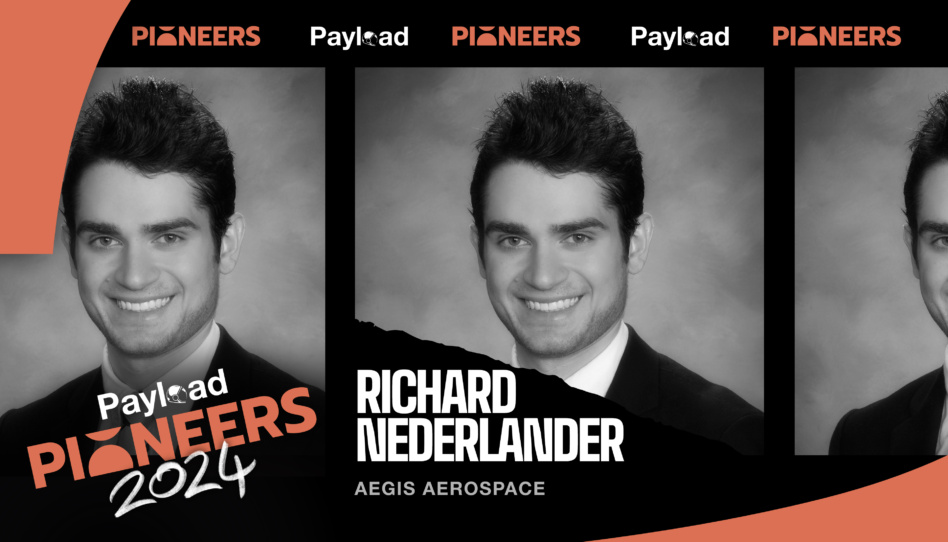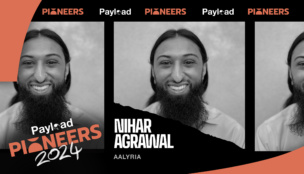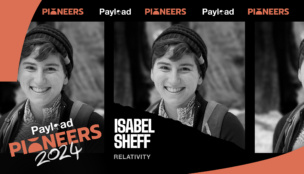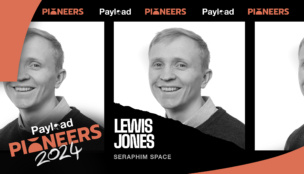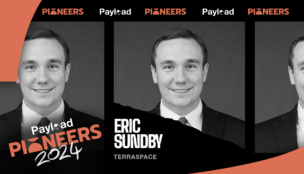The risk radiation poses for space travel has captivated Richard Nederlander for his entire career. Now he’s working on software to help categorize the threat.
The 28-year-old has studied this issue since his days at Vanderbilt University pursuing a master’s in engineering. His technical understanding of the problem has matured through his PhD thesis, his work at Blue Origin, and now as a senior space environments engineer at Aegis Aerospace.
Threat assessment: In his current role, Nederlander is building a software tool that will allow systems engineers to evaluate the holistic radiation risks of their spacecraft. The system will provide a mission assurance process for NASA’s Gateway Deep Space Logistics project, which aims to build a commercial supply chain for missions to the Moon, Mars, and beyond.
By simplifying how to assess a craft’s radiation protection, Nederlander is trying to make deep space travel more accessible to commercial companies, which are often constrained by the high costs of traditional radiation-hardened technologies. The software will allow companies to more easily utilize COTS components, which drives down the cost of space travel without raising the risk profile of missions.
Inclusivity: Outside of his day job, he’s also actively working to make the space industry more supportive of diversity. He’s a member of a newly-founded group at the Kennedy Space Center, which supports and raises awareness for neurodivergent employees.
